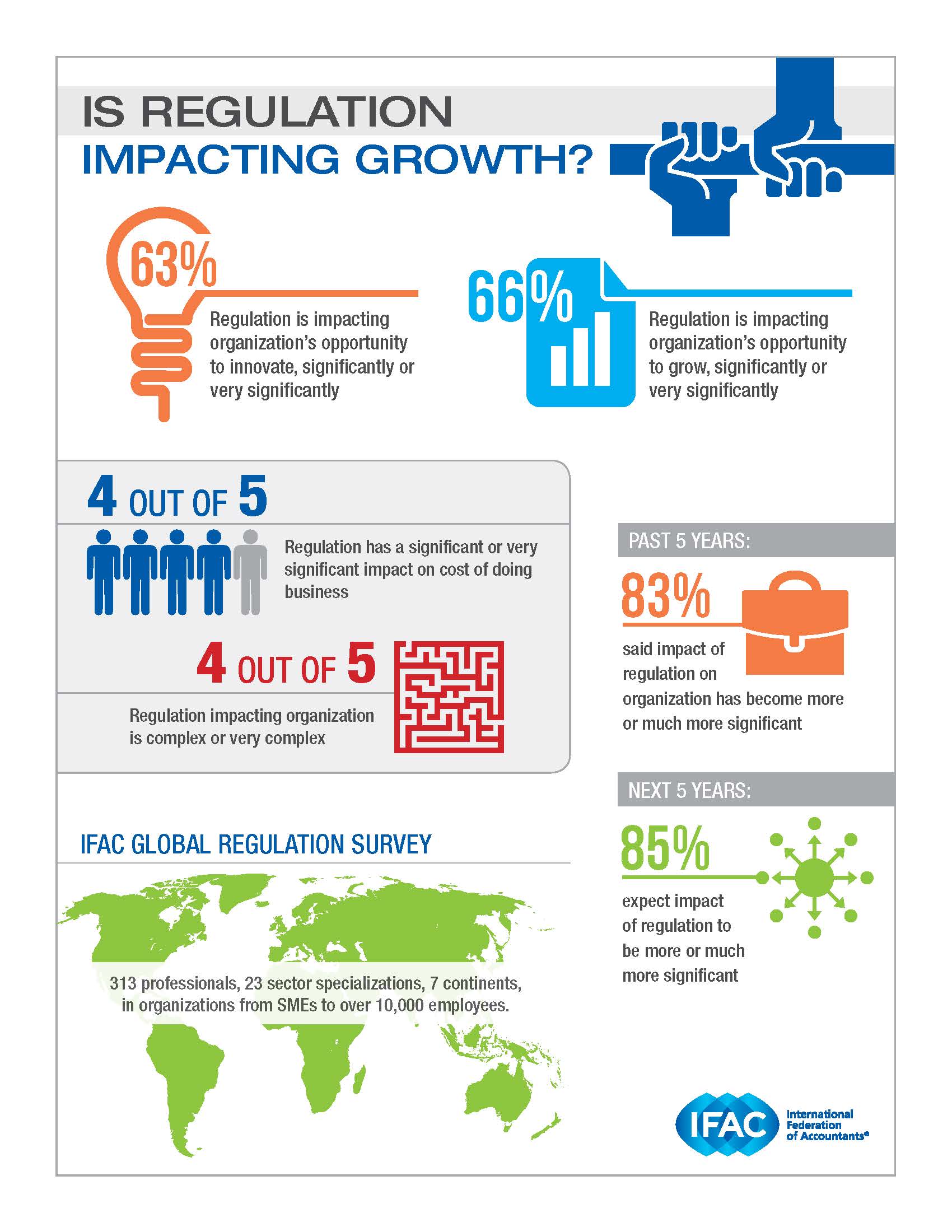IFAC Commends OECD and G-20 on International Taxation Reform Package, Notes Ongoing Challenges
The International Federation of Accountants® (IFAC®) commends the Organisation for Economic Co-operation and Development (OECD) and Group of Twenty (G-20) on delivering a final package of measures in the Base Erosion and Profit Shifting (BEPS) Project.
“The BEPS Project presents a rare opportunity to cooperatively make international taxation work genuinely better in today’s globalized, digital economies,” said Russell Guthrie, Executive Director for IFAC. “Its success or failure will likely hinge on the effectiveness of international collaboration, without which we may end up with more complexities, divergences, and gaps than when we started,” said Mr. Guthrie.
IFAC calls for cooperation and inclusiveness among governments as the BEPS measures are implemented and negotiation proceeds on a multilateral taxation instrument amending over 3,000 bilateral treaties. This strong appeal is reflected in IFAC’s impending recommendations to the 2015 G-20 Leader’s Summit in Antalya, Turkey, along with:
- A call for ongoing analysis of economic impacts; and
- The need for international agreement on a properly resourced dispute resolution mechanism.
The BEPS package emphasizes crucial objectives, including ensuring governments have the resources needed “to jump-start growth, tackle the effects of the global economic crisis and create more and better opportunities,” and restoring “the trust of ordinary people in the fairness of their tax systems.” IFAC believes this is not just a matter of how taxes are collected, but also about how that money is accounted for, managed, and spent by governments. Poor public sector financial management, accountability, and transparency remains a significant problem in many countries.
“The reality is this is not just a conversation about tax, it’s about globalization and a digital economy. A clear, robust conversation grounded in its full economic context is essential to achieving fair and meaningful outcomes, and promoting accountability and transparency across the global economy,” said Mr. Guthrie. “We must realize that BEPS is not a panacea— in a rapidly evolving world, there’s an ongoing need for tackling fundamental, forward-looking questions, research, and ongoing dialogue around taxation.”
Accountants, as advisors and intermediaries, were recognized by the OECD’s Forum on Tax Administration (consisting of Tax Commissioners from 45 countries) for their “vital role in all tax systems, helping taxpayers understand and comply with their tax obligations in an increasingly complex world.”
“The OECD and G-20 have achieved consensus on many tough issues in a short time, and the global accountancy profession is committed to helping make the BEPS package work for governments, companies, and other taxpayers—furthering the extensive technical input provided throughout its development,” said Mr. Guthrie.
About IFAC
IFAC is the global organization for the accountancy profession, dedicated to serving the public interest by strengthening the profession and contributing to the development of strong international economies. It is comprised of more than 175 members and associates in 130 countries and jurisdictions, representing over 2.8 million accountants in public practice, education, government service, industry, and commerce.


